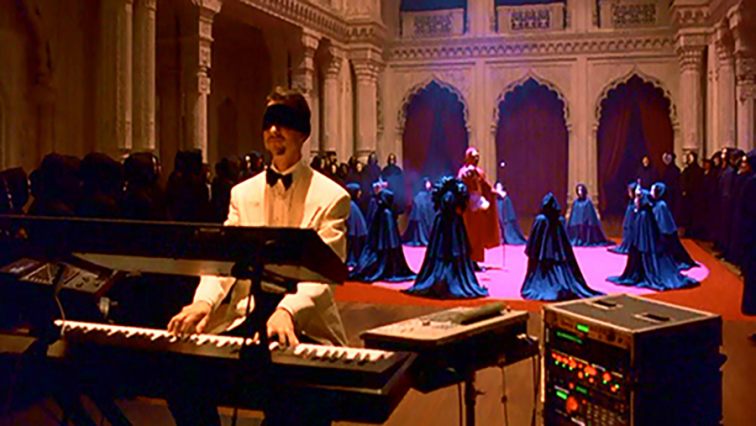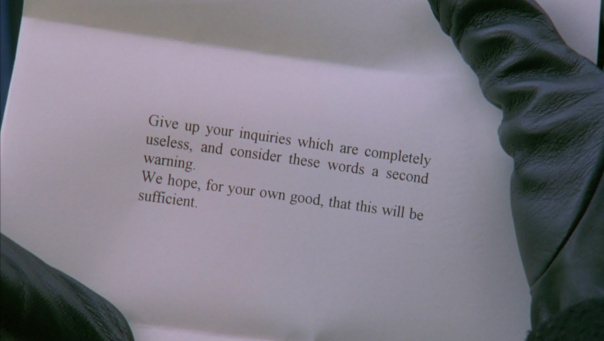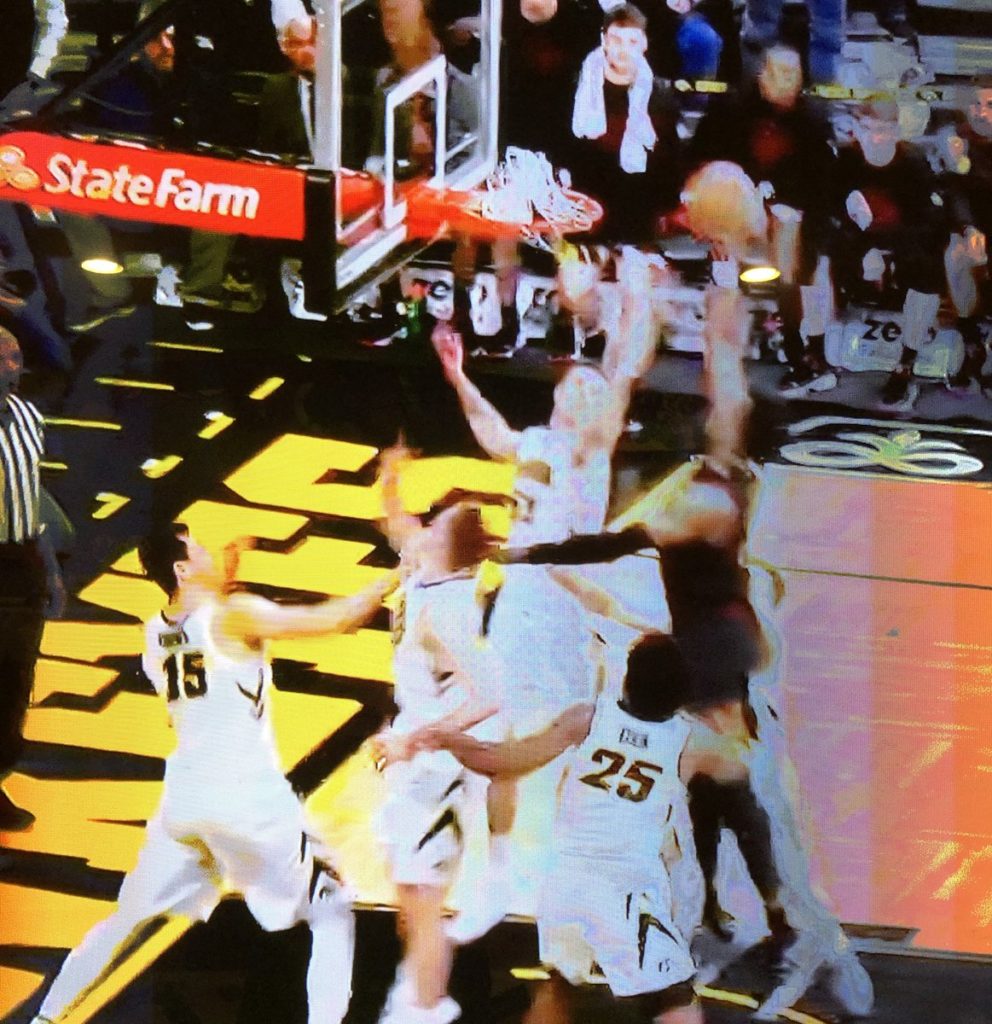
1.
British people that have the good sense, or the criminal record, to come to and stay in America love to remark, “America has no class system.” They proclaim our continued classlessness as proof that either the U.K. is plunging further down the tubes—a quirky assertion since the class system predates both baseball and apple pie—or that America is still the land of opportunity.
It wouldn’t be fair to call our English guests wrong. And yet they’re not wholly right. America has classes, but we insist in our society that you and I have passports between them. It’s only the stamps that cost money. Whereas in the Queen’s country, a class can no more be effaced from one’s visa than the burnt brand from the cow’s ass. When one “has class” in America, it’s not a bank statement, but a statement about character. Having class is the product of a kind of Damon Runyon aplomb, mid-century politeness, and presidential warmth. You can earn, learn, or pretend these qualities without even holding a job. We thought Princess Diana was “a classy lady” because of her open manner with mere mortals, not the twinkle of her tiara. But even if you lack class, you can enter the American upper crust just by having enough dough. (Whole shelves of books have been written about the American variety of new-money arrivistes whose surplus of good money and deficit of good taste taint the social circles of European aristocracy.) And it is in America that we first bred a special type of aristocrat: The Average Guy Billionaire, a schlubby type who makes a pastime of eating caviar while dressing like he’s homeless. We want money to act like we don’t need it. And we make a foppish show of pretending like we don’t have it once we do. We claim to value authenticity over the fraudulence of kings, queens, thrones, and manors. Little do we care to admit that that authenticity with which we pauperize our upper class is one fraudulence replacing another. TED talks usurp coronations, book tours replace the Grand Tour.
In Britain, one never has class, you belong to one. And the traits of one who belongs to the upper-est class are a grab bag of high-priced genealogy mixed with all the restrained continence and hidden mischiefs one receives at boarding school. Former Prime Minister David Cameron’s smart-alecky decorum during Question Time is the picture of what I’m talking about—the quaff with a quip. And yet the socialist bloc in British Parliament, with slogans about the “working classes,” make the persistence of that system’s vocabulary and values even clearer to anyone that bothers to listen. Money comes with duty, ancestry with responsibilities. It could be a lord or a shepherd saying that. You can almost hear the Lord Agnew of Oulton farting out the phrase “class consciousness.”
2.
And in America, the second coming of Eugene V. Debs is a very near possibility. So, I must express some disbelief that anyone is surprised by news that a cabal of wealthy Americans bribed college application reviewers to get their kids into Yale or Georgetown—and some schools not even worth scamming. Not only do we expect the wealthy to buy access and corrupt what others must honestly obtain, we aspire at least to the option to do the same (Cf. “fuck-you money,” scratch-off cards, The Lives of the Rich and Famous). The shock of this news comes not from the crimes themselves but from the revelation of the crimes, and the network of those involved in protecting the lie. Bald corruption can reach a level so high that it is almost admirable. Al Capone is a folk hero, after all. But when we learn about all the strategies of deceit at work to make the dishonest look legitimate, we feel the kind of rage that can only come from narcissistic distress. Because we participate in the lie, too. How can we be expected to crucify frauds in a system that promotes fraudulence? Sure, the F.B.I. can prosecute actual crimes committed in furtherance of this scheme—like embezzlement, bribery, obstruction. But ultimately the rules of American academia invite the kind of deception with which these students hoped to excel. They cannot walk the plank for being fraudulent frauds.

It is both an open secret and a frequent suggestion for job-seekers and college applicants to exaggerate their resumes. Universities large and small, prestigious and not, inflate grades and forgive failed classes in areas of study that produce no meaningful content for the sum of human knowledge. And who are the heroes in the world these students wish to enter? Politicians, CEOs, and academics that lard their language with words like solutions, partnerships, challenges, and other poll-tested blandishments that nullify criticism by offering nothing substantial enough even to be understood. The perfect practice, of course, would be college essays and finals exams that reward wheel-spinning and phrase-parroting. The catchwords deployed in committee hearings smack of the catchwords that populate LinkedIn profiles. Nothing is used but utilized. The most valuable quality of those who create nothing is creativity. The appearance of action enjoys more expended energy than any real act, because acts are impeachable and have consequences, while appearances are flexible and eventuate in nothing. (And yet emails often drone on about action items.) Sycophants and social climbers chase power and settle for its symbols because they’re easier to catch and cheaper to display.
It is no surprise then that the parents who built these Potemkin villages in the worlds of politics and business have invaded universities to put up more facades for the next generation. The parents enrolled in this scandal did more than donate to endowment funds to build new wings of the university library. With the aid of consultants—another meaningless ghost word in the American professional lexicon—the parents conjured up illusions of achievement: athletic awards for kids who never played sports and academic prizes for kids who never cracked a book. In some cases, parents photoshopped their kids’ likenesses onto the bodies of real athletes in the heat of a game. Tanner-than-average students marked their ethnicity as something other than white so that they could enjoy the allowances made for under-represented minorities. It never occurred to these parents that their sons or daughters deserved to go to a state school or a community college—where the illusions are still alive at lower cost—or, Gary Vaynerchuk forbid, a trade school. These parents know that what counts in America’s classless society is not the insignia of an ancient family, but the credentials of a recognized institution of secular authority. To what end? Not for knowledge. A real aspiration for that would prescind the need to lie—because the institution one attended would not matter. True learning is lodged in experience and the friction encountered between not knowing something and hungrily seeking answers. Not in the capital letters that trail the end of your name.
3.
The parents knew that committing fraud to enter a fraudulent world was like speeding at the Indy 500. Why are Mom and Dad comfortable fabricating credentials for their kids to study, say, anthropology? Because that endeavor will never include stakes high enough to reveal a fraud. Notice, though, that none of these parents reached for the brass ring of fraudulence, fabricating credentials for medical school or an aeronautical engineering program. “Uh, Doc, we shouldn’t be cutting this open.” Shut up! Daddy paid for that scalpel, now hand it over.
These mechanical, everyday lies reveal the inexorable truth, that graver, more fundamental lies support the system of fraudulence that enabled the college admissions scam to prosper. These parents do not so much lack a moral compass as much as it is the case that the endeavor in which they are engaged is not susceptible of immorality. They are engaged in the enterprise of injecting their kids into the ranks of fraudulent academics, in order to join the ranks of fraudulent industry leaders who specialize in fraudulent displays of power. Given this, can their kids be fraudulent frauds? Does such a turn of the tongue make sense? Now, if their kids were indeed going to be doctors or engineers or scientists in the field of the physical sciences, the possibility of fraud would be conceivable. Mendel’s experiments were fraudulent. So, he was a fraud. But in an era where Elon Musk—a manifest fraud—is hailed as a genius, the possibility of immorally joining his ranks is eliminated. The very notion is self-annihilating. That is why the parents didn’t pause to ask themselves, “Is my action fraudulent?” The very question is meaningless in this context.
But today’s parents want more than a transaction or the mere sale of an indulgence. They too desire the illusion of achievement. It wouldn’t do for Sally and Timmy to go to a school for the talentless, because S. and T. are talented. Why? Because they’re mine.

